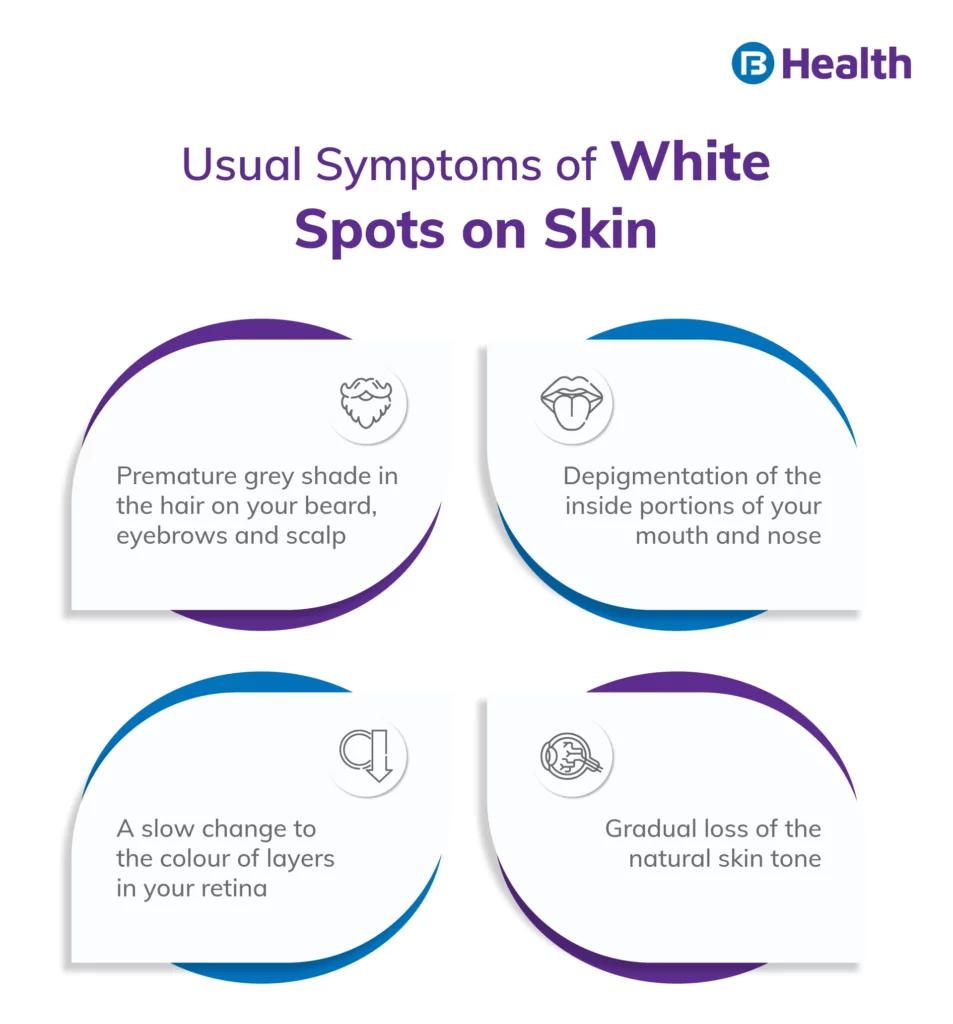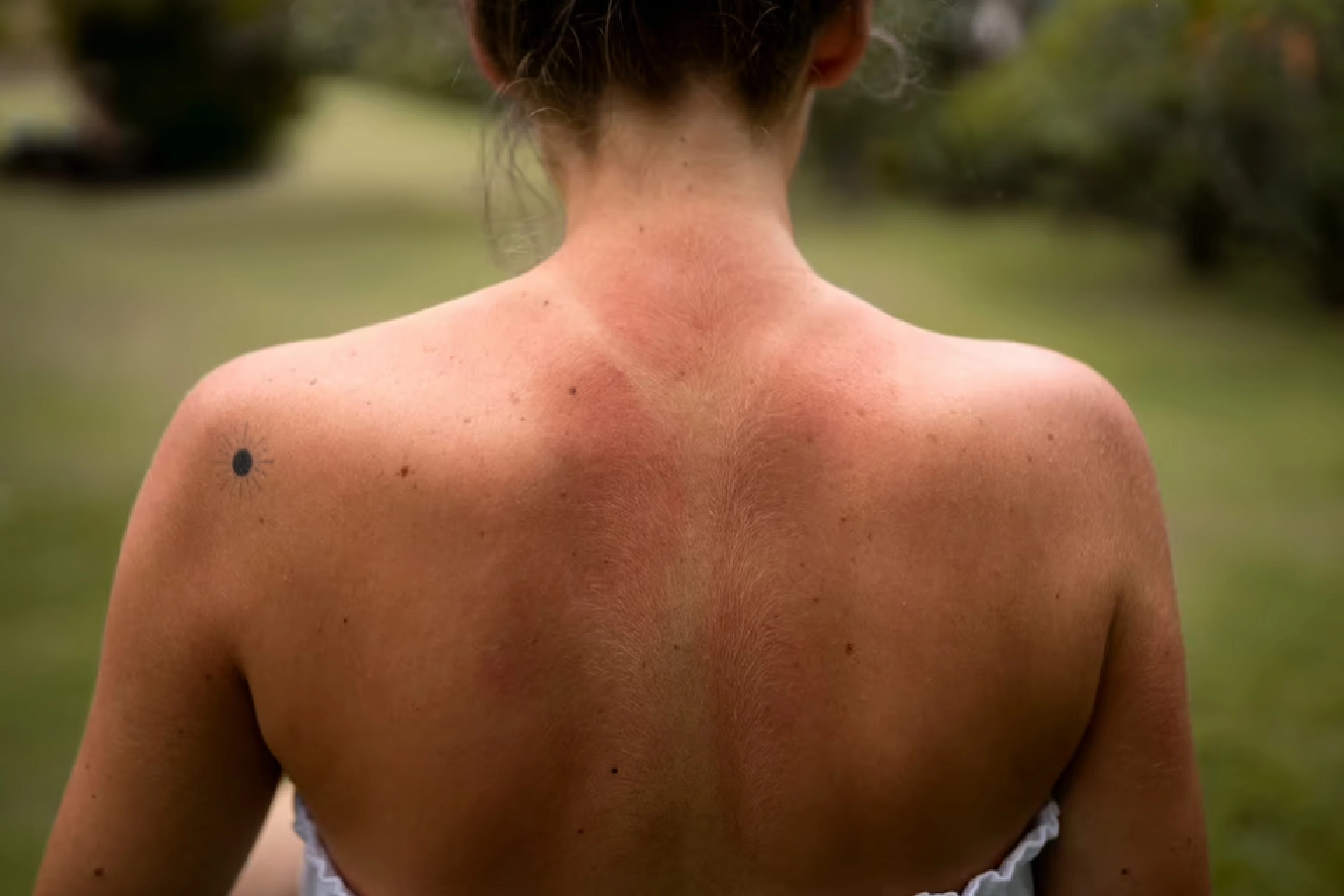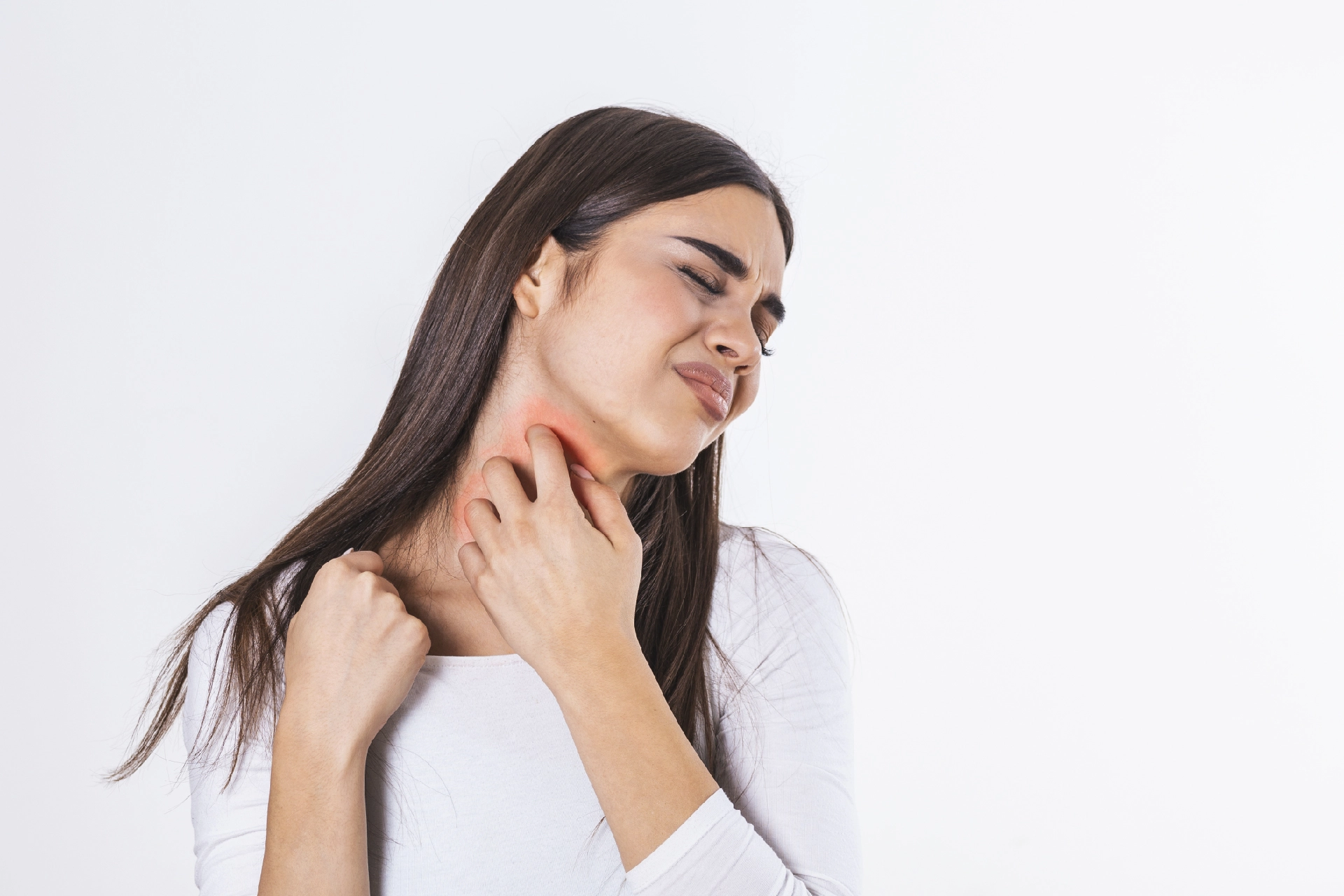Physical Medicine and Rehabilitation | 7 min read
White Spots on Skin: 7 Important Things you Need to Know
Medically reviewed by
Table of Content
Synopsis
Though white spots on the skin are not a severe health concern, they can still affect your self-confidence and lead to mental health conditions. Discover how you can effectively control them.
Key Takeaways
- White spots on the skin could be hereditary
- Vitiligo is the most common type of this condition
- Stress management is crucial for managing white spots
Getting white spots on the skin is quite common when your skin goes through colour loss or dead cells get stuck under the skin’s surface. Usually, they come with no major symptoms or health risks, so there is no need to worry. You can also treat white dots on the skin at home comfortably. However, white patches on the skin may affect your self-esteem and lead to depression and other mental health conditions. Read on to understand the causes and consequences of getting white spots on the skin and how you can treat them.
What are white spots?
White spots are a skin condition that leads to skin discoloration. If you have this condition, your skin will gradually lose its natural colour. In critical cases, this skin disorder may also impact the internal parts of your mouth and hair. The primary reason white spots appear is the insufficient production of melanin. Treatment of white spots on the skin is mostly about restoring the colour of the discolored portion of the skin. However, that doesn’t prevent loss of colour in other areas of the skin.
Additional Read: Black Spots on the TongueImportant Facts About White Spots
If you have white spots on your skin, you may become extra conscious about your public appearance, which can add to your insecurities. Therefore, it is important to understand crucial aspects of white patches on the skin to prevent that.
- The condition may have its root in heredity [1]. It can come to the child from either of the parents or both of them
- White spots on the skin are not infectious
- They can be a precursor to thyroid disorders
- This condition can impact people across ages. However, most of the cases cater to people around the age of 20 years
- Many people confuse white spots on the skin with leprosy
- Stress is a major risk factor for white spots on the skin
- Treatment of white spots on the skin has two specific goals; preventing discoloration of the skin and helping the skin get back its natural colour

Common Causes of White Spots on Skin
Though white patches on the skin are mostly referred to as vitiligo, note that there are other white spots on the skin causes. Here are the usual ones:
Vitiligo
This is the most common type of white spot which may appear on your face or other parts of your body. This condition is usually caused by dead pigmentation cells.
Milia
These types of white spots are caused by boils on your skin that are filled with fluids.
Pityriasis alba
It is a skin condition that usually impacts children aged up to 3 years. It leads to white spots on the face and is accompanied by redness and itchiness. If you can cure this condition, it still leaves a lot of white patches on the skin.
Lichen sclerosis
This is a skin disorder that can affect people across ages. However, women are at high risk of getting this as a post-menopause disorder. The condition can be visible in different body parts, making your skin reddish and thin. In men, this condition is known to affect the foreskin of the penis. The primary reason for this condition is hormonal imbalances.
Sun spots
These white patches usually start appearing on your legs and then on your arms and other body parts. You may get these white spots on the skin if you stay in the sun for a long time. Genetics also plays a key role in determining whether you will have this condition or not.
Additional Read: Causes of Tinea versicolorNotable Symptoms of White Spots
Usually, you get white spots on the skin areas that have direct exposure to sunlight. These areas include the face, lips, hands, arms, and feet. Here are the common signs of skin discoloration that lead to white spots:
- The hair on your beard, eyebrows and scalp will turn grey
- You will gradually lose the usual skin tone
- There will be a slow change to the colour of layers in your retina
- Depigmentation of the inside portions of your mouth and nose
Note that skin discoloration can impact in different ways. You can get it in one or many parts of your body. Here are the different ways you can get white spots on the skin:
On many parts of your body
This type of skin discoloration is quite common and can become visible in two or more places in your body. These types of white spots on the skin are also known as generalized vitiligo.
On a single area of your body
You can experience such white spots on the skin when you are young. However, they usually don’t appear after a certain age.
Only on a few parts of your body
Also known as focal vitiligo, these types of white spots on the skin appear, focusing on a few particular areas of your body. You can get this as white patches on the face, which stop spreading after some time.
White Spots on the Face Causes
Here are the factors that may lead to white spots on the face:
Psoriasis
Psoriasis is a quite common skin condition in which white blood cells cause swellings on your skin.
Seborrhoeic dermatitis
Seborrhoeic dermatitis skin condition leads to dandruff and severe itching, all while causing red skin on your scalp, face, chest and rest of the body.
Eczema
Eczema skin condition leads to swellings, which eventually form white patches on your body.
Nutritional deficiencies
The reason for skin depigmentation can also be deficiencies of essential nutrients like calcium, vitamin D, and vitamin E.
Home Remedies for White Spots
Remember, there are easy home remedies to manage white spots on the skin. You can try the following for the best results:
- Keep drinking water in a copper vessel overnight, and drink it the next morning
- Consume ginger juice as it boosts blood flow to the white dry patches on the skin
- Drink buttermilk on a regular basis
- Eat figs
- Include edible fruits, flowers and leaves in your daily meals
Prevent White Spots
A complete cure for white patches on the skin is not possible, and prevention is the best remedy to stop its spread. Here are the best ways to control white spots:
- Do not let stress take the better of you; opt for relaxation and other stress-management techniques
- Take a bath every day for at least 20 minutes
- Keep away from cosmetics and creams that you are allergic to
- Make sure the soap you are using during the bath doesn’t flush out all of your body oil
- Spend 10-15 minutes standing in the early morning sun
- Don’t consume seafood in an excessive amount
- Have iron-rich foods such as leafy vegetables, cereals, beans and meat
Conclusion
With information about the different types of white spots on the skin and how to manage them, it becomes easier to handle any unexpected skin conditions. Remember, in case of any health concern, you can book an online appointment with a doctor of your choice on Bajaj Finserv Health. It is best to consult a dermatologist if you suspect white spots or some other skin conditions. Never judge yourself or anyone else for the colour of their skin, and stay together in health and happiness!
FAQs
Can white patches on the skin be cured?
Remember that white patches, often referred to as vitiligo, do not go away forever. However, with effective treatment, you can stop them from spreading.
What foods must be avoided to manage white patches on the skin?
Your skin's health is directly linked to the foods you consume. Here are the foods you need to avoid to prevent the spread of white patches:
- Citrus fruits
- Alcohol
- Yogurt
- Coffee
- Gooseberries
- Seafood
References
- https://www.nhs.uk/conditions/vitiligo/
Disclaimer
Please note that this article is solely meant for informational purposes and Bajaj Finserv Health Limited (“BFHL”) does not shoulder any responsibility of the views/advice/information expressed/given by the writer/reviewer/originator. This article should not be considered as a substitute for any medical advice, diagnosis or treatment. Always consult with your trusted physician/qualified healthcare professional to evaluate your medical condition. The above article has been reviewed by a qualified doctor and BFHL is not responsible for any damages for any information or services provided by any third party.




